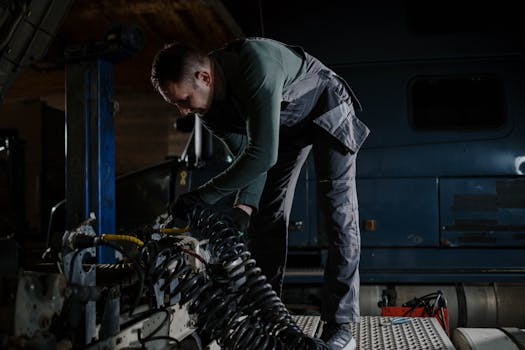How to Maintain Your Car’s Engine Effectively
Takeaways: Regular maintenance, including oil changes, air filter replacements, and cooling system checks, can extend your engine’s lifespan and improve performance. Understanding your car’s needs will keep it running smoothly for years to come.
Maintaining your vehicle’s engine is critical for ensuring its longevity and performance. A well-maintained engine not only performs better but also helps you save on fuel costs and repairs. In this article, we will explore essential practices for effective car engine maintenance.
1. Regular Oil Changes
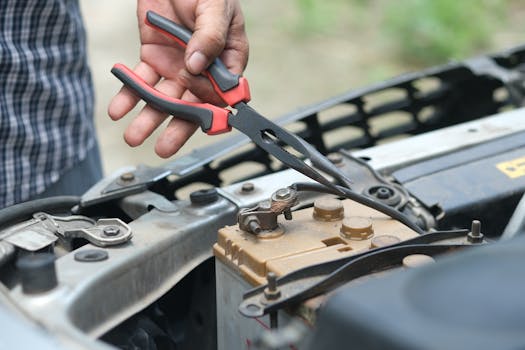
It is generally recommended to change your oil every 3,000 to 5,000 miles, though you should consult your vehicle’s owner manual for specific recommendations. Additionally, consider using synthetic oil, which can provide better protection and last longer between changes.
2. Check and Replace Air Filters
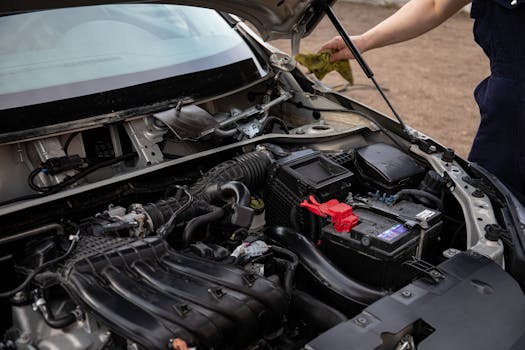
Check your air filter regularly and replace it as needed, typically every 15,000 to 30,000 miles. If you drive in dusty or polluted environments, you may need to change it more frequently. A clean air filter can enhance acceleration and improve overall engine performance.
3. Monitor Coolant Levels
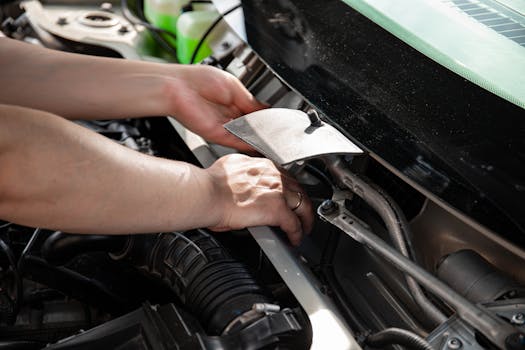
Regularly check your coolant levels and top them off as necessary. Additionally, consider flushing the cooling system and replacing the coolant every two years or as recommended in your owner’s manual. This will help prevent rust and scale buildup, ensuring efficient heat transfer.
4. Inspect Belts and Hoses
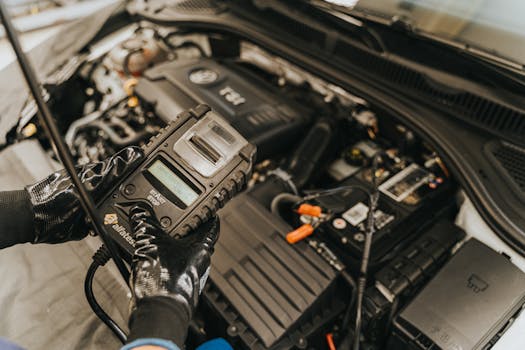
Inspect your belts and hoses regularly for signs of wear and tear. Replace any that show signs of damage to prevent breakdowns. It’s advisable to have a professional mechanic perform a thorough inspection if you’re unsure about their condition.
5. Keep the Engine Clean
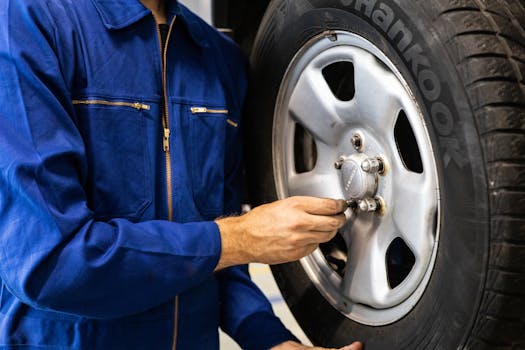
Use a degreaser and a brush to clean the engine surface, being cautious around sensitive components. Regular cleaning can also help you identify leaks or other issues early, saving you from more extensive repairs later on.
Conclusion
